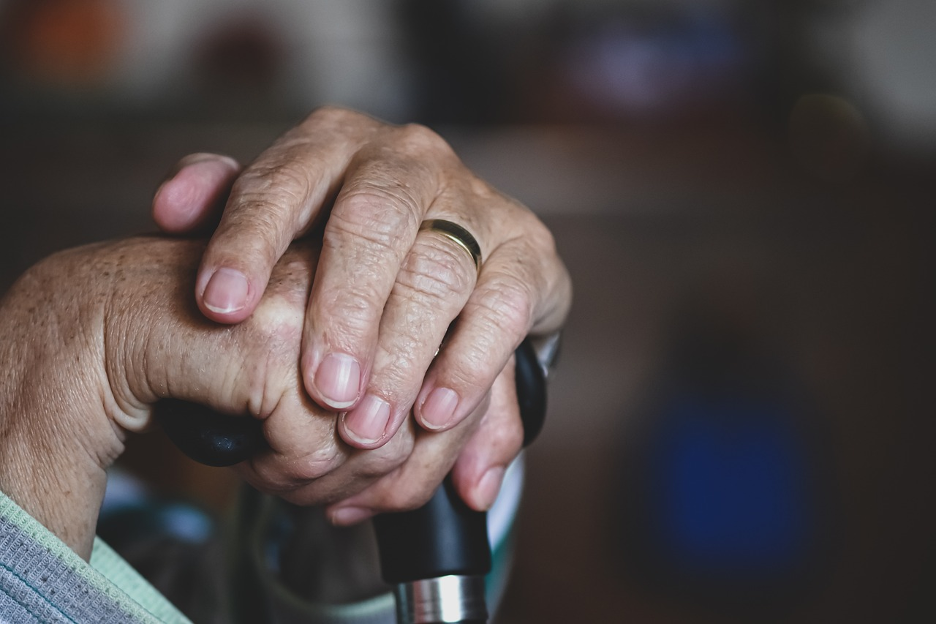Recovering from surgery or a significant injury is a journey that’s increasingly taking place in the comfort of home. The idea is simple but powerful: familiar surroundings, combined with the right tools and support, can significantly enhance the recovery process.
Recent
advancements in rehabilitation have made home care more effective than ever. From innovative mobility equipment to telehealth services that bring therapists into the living room, these trends are reshaping how we approach recovery. This post explores how these trends are making home care a more viable and often preferable option for those on the road to recovery.
The Rise of Home-Based Rehabilitation
Why Home Care is Gaining Popularity
The appeal of home-based recovery goes beyond comfort - it is also about the psychological benefits. Home is where people feel most relaxed and supported, which can accelerate the healing process. Studies have shown that lower stress levels, often experienced at home, contribute to faster recovery. The ability to maintain daily routines in a familiar environment provides both physical and emotional comfort, motivating patients to stick with their recovery plans.
Impact of COVID-19 on Home Rehabilitation
The COVID-19 pandemic accelerated the shift towards home-based care. With hospitals under strain and concerns about exposure to the virus, many turned to home care as a safer option. This shift highlighted that with the right support and equipment, such as a
rotating bed is a lifesaver for those with limited mobility, effective rehabilitation can indeed happen at home.
Telehealth services have played a crucial role in this transition, allowing patients to consult with healthcare providers remotely. This not only reduces the risk of infection but also offers the flexibility to receive care at convenient times, making home recovery more accessible.
(more…)



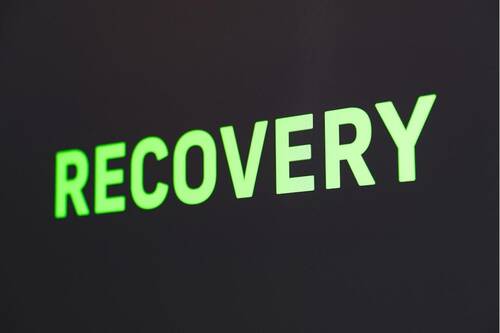



 For many who turn to alcohol or drugs, the deeper problem lies in feeling ignored or misunderstood.
In
For many who turn to alcohol or drugs, the deeper problem lies in feeling ignored or misunderstood.
In 
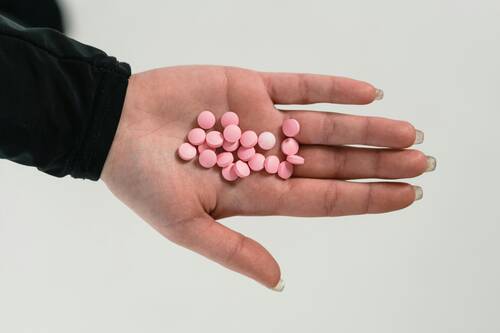




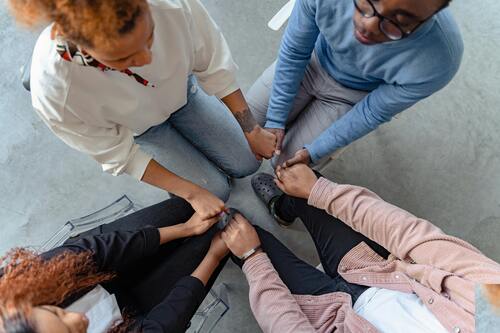





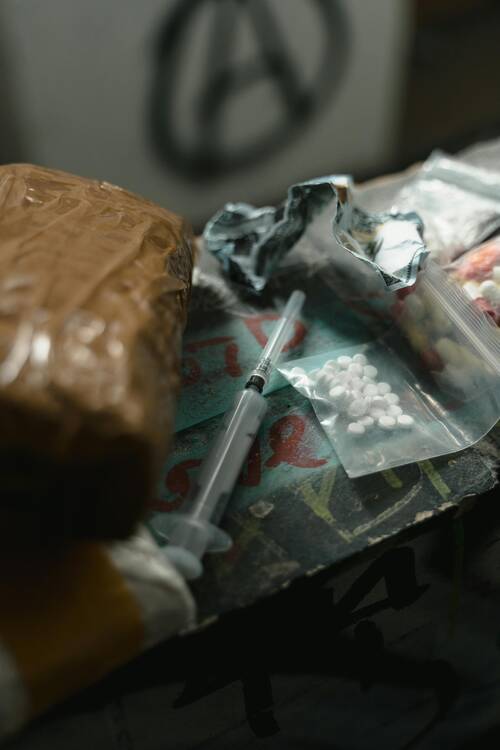

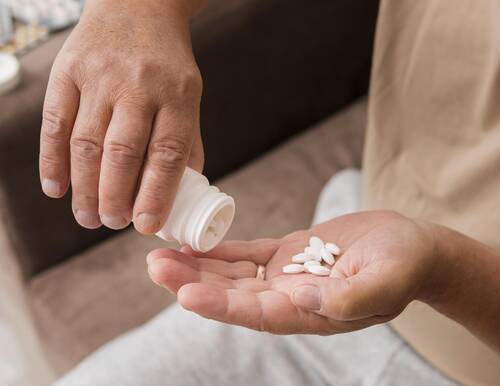

 Most news stories tend to focus on how drugs and the opioid epidemic are impacting people in their teens and early adulthood. However, I can tell you from personal experience, that there are a lot of older adults who are also abusing drugs alcohol at record rates. This is borne out at our family’s drug treatment program which I founded and run in San Diego, California.
You may be surprised to hear that the rates of opioid overdose in the U.S. have increased the most among people ages 65 and up (from 2021 to 2022) and that older adults have seen the greatest increase in cannabis use in Canada. One thing you also may not realize is that older adults have the highest recovery rates of all age groups.
Most news stories tend to focus on how drugs and the opioid epidemic are impacting people in their teens and early adulthood. However, I can tell you from personal experience, that there are a lot of older adults who are also abusing drugs alcohol at record rates. This is borne out at our family’s drug treatment program which I founded and run in San Diego, California.
You may be surprised to hear that the rates of opioid overdose in the U.S. have increased the most among people ages 65 and up (from 2021 to 2022) and that older adults have seen the greatest increase in cannabis use in Canada. One thing you also may not realize is that older adults have the highest recovery rates of all age groups.






